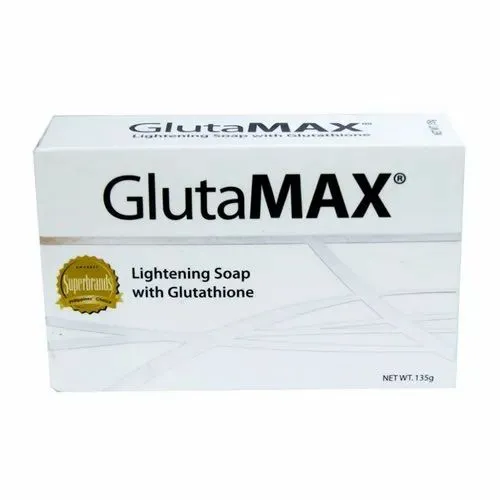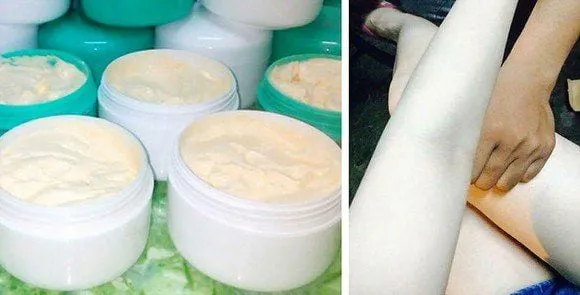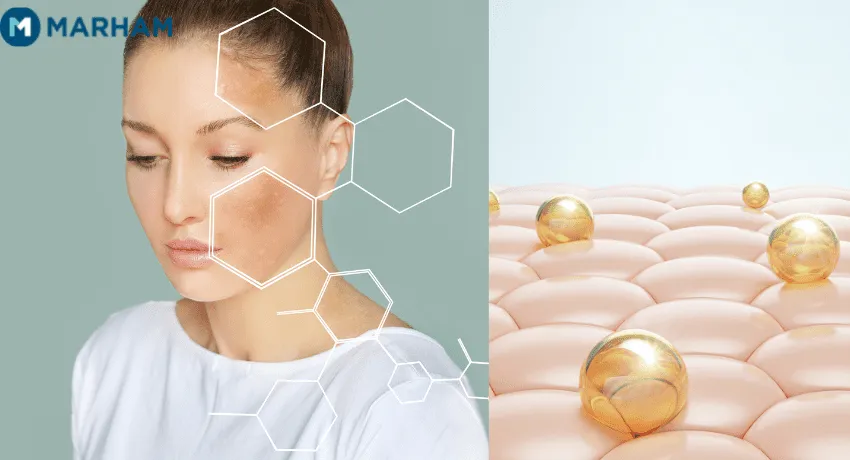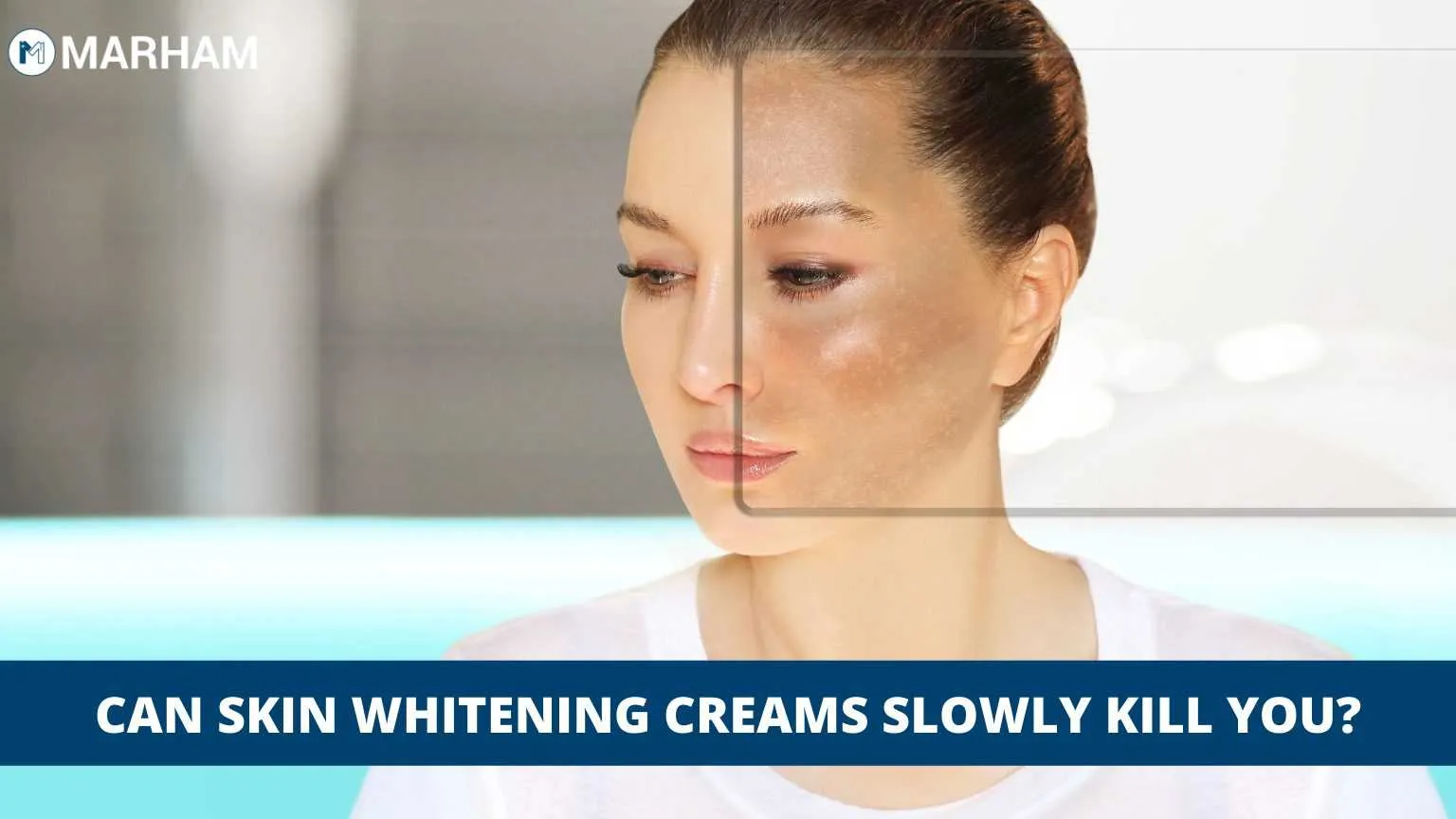The Allure and Risks of Skin Whitening Soap
The pursuit of flawless skin has driven the popularity of skin whitening soaps. These products promise to lighten the skin, reduce dark spots, and create a more even skin tone. The market is flooded with various soaps, all claiming to offer a brighter complexion. However, beneath the surface of these enticing claims lies a web of potential risks and side effects that consumers must be aware of. While the desire for lighter skin is understandable, it’s crucial to understand the potential dangers that these soaps can pose to your health and well-being. This article will delve into the world of skin whitening soaps, exploring their ingredients, side effects, and safer alternatives.
Understanding Skin Whitening Soap
Skin whitening soaps are designed to reduce melanin production, the pigment responsible for skin color. They often contain active ingredients that interfere with the melanogenesis process. This can lead to a lighter skin tone over time. These products are commonly used by individuals seeking to address hyperpigmentation issues, such as dark spots, uneven skin tone, and melasma. The effectiveness of these soaps varies depending on the ingredients, concentration, and individual skin type. It is important to approach the use of skin whitening soaps with caution and a thorough understanding of their potential impact on the skin and overall health.
How Skin Whitening Soaps Work

Skin whitening soaps work by targeting melanin, the pigment that gives skin its color. The primary mechanism of action involves inhibiting tyrosinase, an enzyme crucial for melanin production. Common ingredients in these soaps, such as hydroquinone and kojic acid, block tyrosinase, thus reducing melanin synthesis. Other ingredients, like alpha hydroxy acids (AHAs) and beta hydroxy acids (BHAs), promote exfoliation, removing pigmented skin cells and revealing a lighter layer underneath. The effectiveness and safety of these soaps depend on the specific ingredients and concentrations used. The goal is to lighten the skin by reducing melanin content or speeding up the removal of pigmented skin cells.
Common Ingredients in Skin Whitening Soaps
Several active ingredients are commonly found in skin whitening soaps. Hydroquinone is a potent skin-lightening agent that inhibits melanin production. Kojic acid is a natural compound derived from fungi that also inhibits tyrosinase. Retinoids, such as tretinoin, increase skin cell turnover and can lighten dark spots. Arbutin, a derivative of hydroquinone, is another whitening agent. Vitamin C, an antioxidant, can lighten skin and protect against free radical damage. Other ingredients to be aware of include mercury, which is highly toxic and often found in unregulated products. Understanding the ingredients is essential to assess the potential risks and benefits of a skin whitening soap. (Image: skin-whitening-soap-ingredients.webp)
Top 5 Side Effects of Skin Whitening Soap
Skin Irritation and Sensitivity

One of the most common side effects of skin whitening soaps is skin irritation. The active ingredients, such as hydroquinone and retinoids, can cause redness, itching, burning, and peeling. This irritation can be exacerbated in individuals with sensitive skin. Overuse or the use of high concentrations of these ingredients can further increase the risk of irritation. The skin may become more sensitive to sunlight, leading to sunburn and increased damage. Monitoring the skin’s reaction and adjusting the frequency or concentration of the soap is crucial to minimize irritation. (Image: irritated-skin-reaction.webp)
Allergic Reactions
Skin whitening soaps can trigger allergic reactions in some individuals. The ingredients, including fragrances, preservatives, and the active whitening agents, can cause allergic contact dermatitis. Symptoms of an allergic reaction may include swelling, hives, and severe itching. In some cases, severe reactions can lead to blistering and skin damage. It is essential to perform a patch test before using a new product to check for allergic reactions. If any signs of an allergic reaction occur, discontinue use immediately and consult a dermatologist.
Changes in Skin Pigmentation
Skin whitening soaps can lead to unexpected changes in skin pigmentation. Overuse or misuse can result in hypopigmentation, where the skin becomes lighter in patches. This can create an uneven skin tone and an undesirable appearance. In some cases, the skin may become permanently lighter, especially with the use of strong chemicals. The skin may also become more susceptible to sun damage, leading to further pigmentation issues. Careful monitoring and responsible use of these products are essential to prevent unintended changes in skin pigmentation.
Increased Risk of Skin Cancer

Some skin whitening soaps contain ingredients that increase the risk of skin cancer. Hydroquinone, for example, has been linked to an increased risk of ochronosis, a condition that can lead to skin cancer. Mercury, a toxic heavy metal often found in unregulated skin whitening products, is also a known carcinogen. Long-term use of these products, especially those containing harmful substances, can damage the skin and increase the risk of developing skin cancer. Regular skin exams and sun protection are essential to mitigate this risk. (Image: skin-cancer-awareness.webp)
Mercury Poisoning
Mercury is a highly toxic heavy metal that is sometimes found in unregulated skin whitening products. Exposure to mercury can lead to mercury poisoning, causing a range of health problems. Symptoms include skin rashes, neurological issues, and kidney damage. Mercury poisoning can also affect the developing fetus in pregnant women. The use of products containing mercury is particularly dangerous, and it is crucial to avoid these products. Always check the ingredients and ensure that the product is from a reputable source. (Image: mercury-poisoning-symptoms.webp)
Long-Term Health Implications
Damage to the Skin Barrier

The use of skin whitening soaps can damage the skin barrier, which is essential for protecting the skin from environmental factors and preventing moisture loss. Ingredients like hydroquinone and retinoids can disrupt the skin’s natural protective mechanisms. This damage can lead to increased sensitivity, dryness, and vulnerability to infections. A compromised skin barrier can also worsen existing skin conditions and make the skin more prone to irritation. It’s important to use these products sparingly and follow up with moisturizing skincare to protect the skin barrier.
Hormonal Imbalance
Some ingredients in skin whitening soaps can disrupt the body’s hormonal balance. Certain chemicals can interfere with the endocrine system, potentially leading to hormonal imbalances. This can manifest as irregular menstruation, changes in mood, and other health issues. Exposure to these chemicals may also affect fertility and reproductive health. It’s important to be aware of the potential hormonal impacts of skin whitening products and to seek medical advice if any symptoms arise. (Image: hormonal-imbalance-symptoms.webp)
Psychological Effects
The pursuit of lighter skin can also have psychological effects. Individuals may develop low self-esteem or body dysmorphic disorder if they are not satisfied with their skin tone. The use of skin whitening products can reinforce unrealistic beauty standards and create pressure to conform to certain ideals. It’s crucial to focus on self-acceptance and to avoid products that may promote harmful body image issues. Seeking professional help for psychological issues related to body image is encouraged.
Safer Alternatives to Skin Whitening Soaps

The Importance of Sun Protection
Protecting the skin from sun exposure is one of the most effective ways to maintain a healthy and even skin tone. Wearing sunscreen with a high SPF daily, even on cloudy days, is essential. Sun protection helps prevent further darkening of the skin and reduces the risk of skin damage and cancer. Other sun protection measures include wearing protective clothing and seeking shade during peak sun hours. Making sun protection a daily habit is crucial for skin health. (Image: sun-protection-tips.webp)
Consulting a Dermatologist
For those seeking to address skin discoloration or improve skin tone, consulting a dermatologist is the best course of action. A dermatologist can assess your skin type, diagnose any underlying conditions, and recommend safe and effective treatments. They can provide guidance on ingredients and products that are appropriate for your skin. Professional treatments, such as chemical peels and laser therapies, can also be used to treat skin issues safely and effectively. A dermatologist will provide the best advice to help individuals achieve their desired skin care goals. (Image: dermatologist-consultation.webp)
Conclusion

Skin whitening soaps may offer the promise of a brighter complexion, but the potential side effects pose significant risks. From skin irritation and allergic reactions to more serious concerns like skin cancer and mercury poisoning, the dangers are real. It’s crucial to approach these products with caution, carefully considering the ingredients and potential consequences. Focusing on safer alternatives like sun protection and consulting a dermatologist can help individuals achieve healthy and beautiful skin without compromising their well-being. Prioritizing skin health and safety should always be the top priority when making skincare choices.
